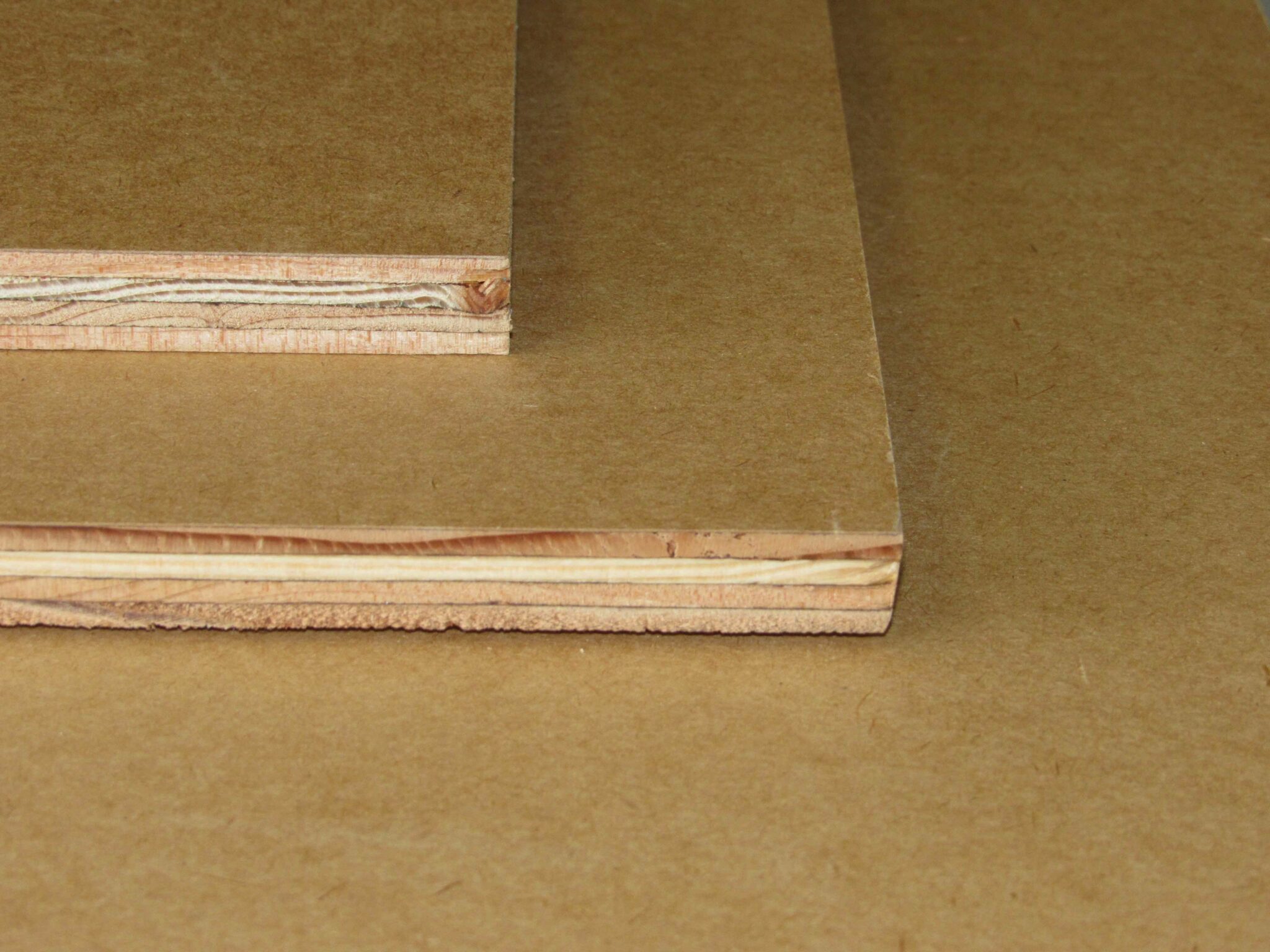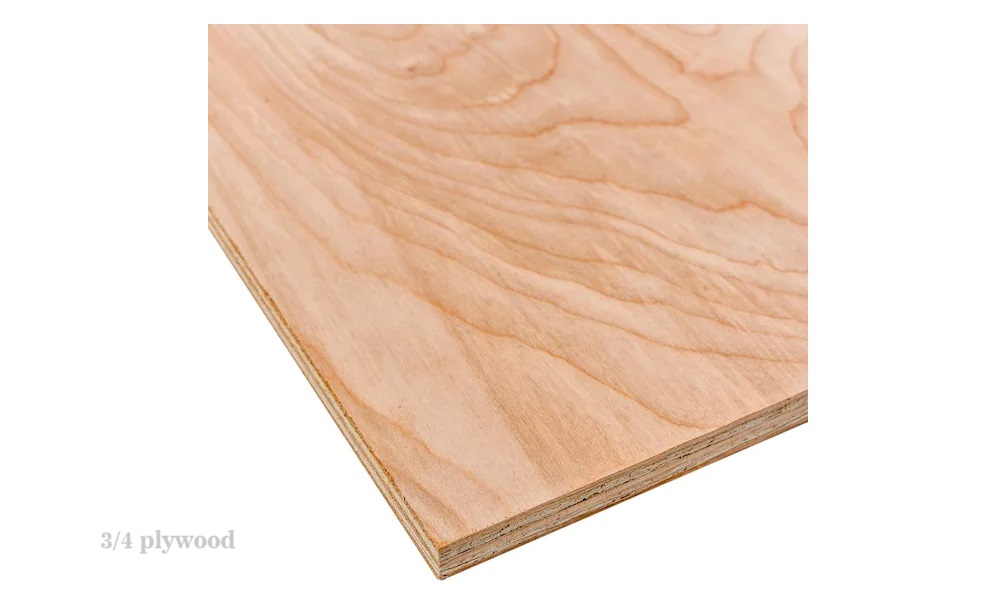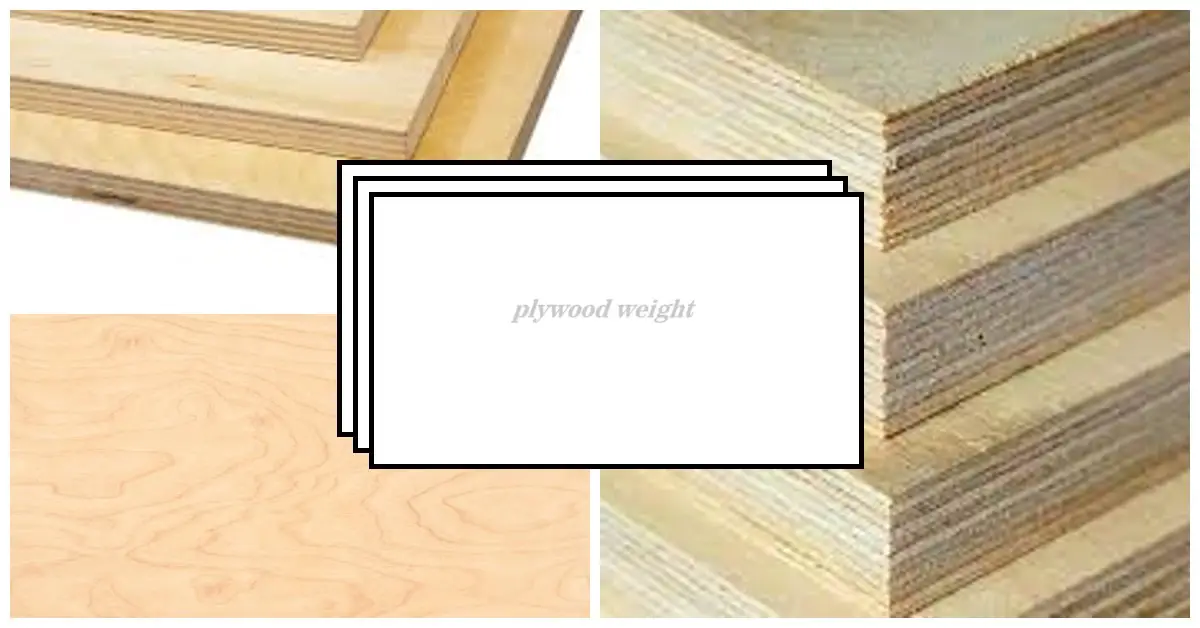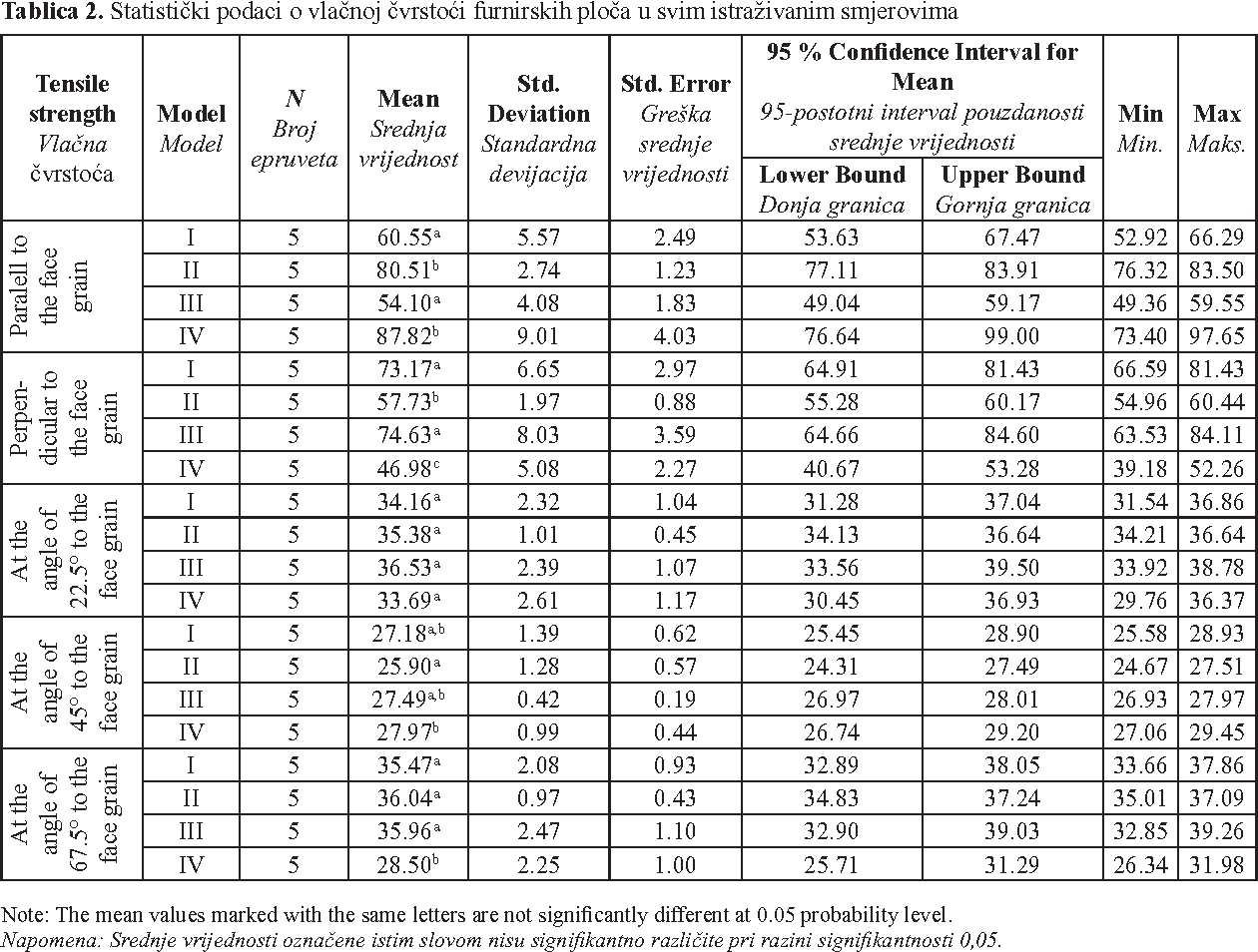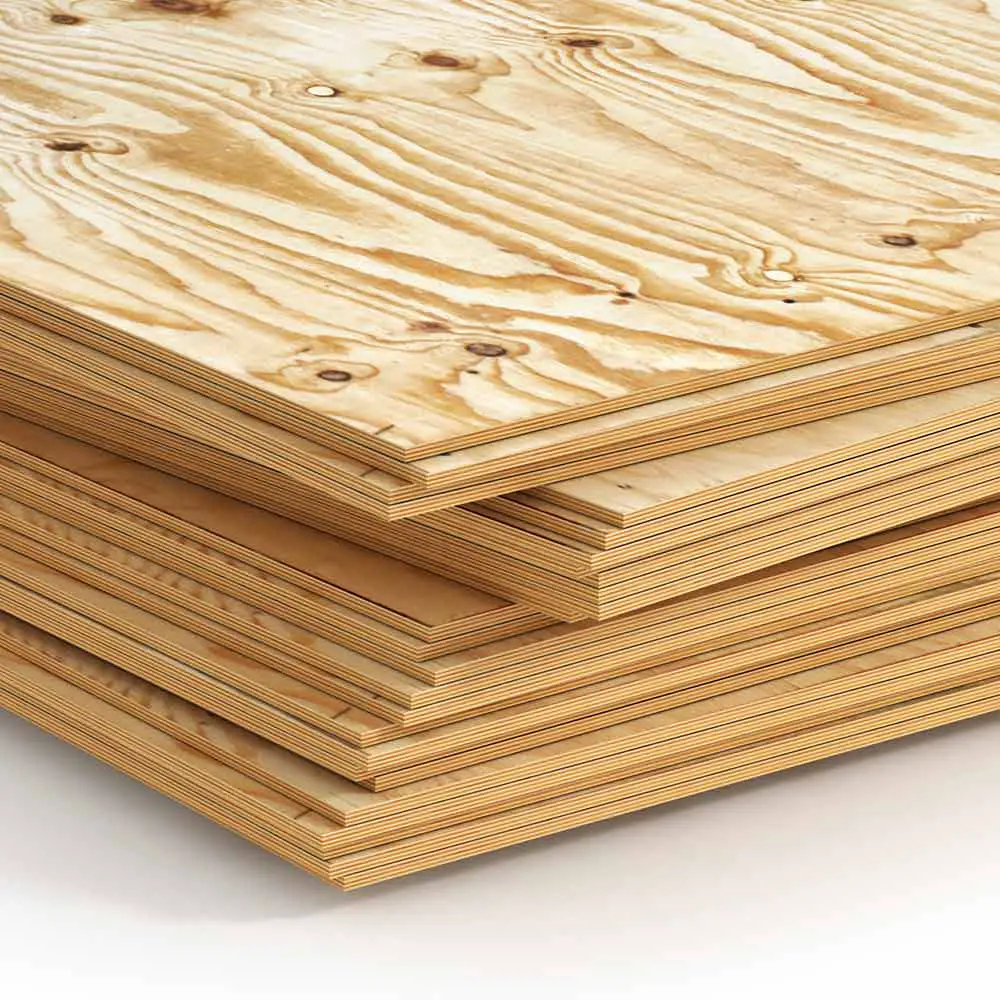Weight Of Plywood Sheet - A plywood weight calculator is a tool used to estimate the weight of plywood sheets based on their dimensions and type. For a standard 4′ x 8′ sheet of 3/4″ softwood plywood: The plywood weight calculator below will help estimate the total weight of any size and any type of plywood product. There are various factors that affect the weight. It uses the following formula to. On average, a 4′ x 8′ sheet of 3/4″ softwood plywood weighs about 61 pounds, but some sheets can weigh well over 80 pounds. This calculator estimates the weight of a plywood sheet based on its dimensions (width, height, and thickness) and density. Check out the lumber weight calculator to estimate lumber weights and the. Our plywood weight calculator helps you quickly estimate the weight of individual plywood sheets and the total weight for multiple sheets — simply by entering the length, width,.
This calculator estimates the weight of a plywood sheet based on its dimensions (width, height, and thickness) and density. For a standard 4′ x 8′ sheet of 3/4″ softwood plywood: Our plywood weight calculator helps you quickly estimate the weight of individual plywood sheets and the total weight for multiple sheets — simply by entering the length, width,. The plywood weight calculator below will help estimate the total weight of any size and any type of plywood product. Check out the lumber weight calculator to estimate lumber weights and the. It uses the following formula to. On average, a 4′ x 8′ sheet of 3/4″ softwood plywood weighs about 61 pounds, but some sheets can weigh well over 80 pounds. A plywood weight calculator is a tool used to estimate the weight of plywood sheets based on their dimensions and type. There are various factors that affect the weight.
Check out the lumber weight calculator to estimate lumber weights and the. For a standard 4′ x 8′ sheet of 3/4″ softwood plywood: A plywood weight calculator is a tool used to estimate the weight of plywood sheets based on their dimensions and type. It uses the following formula to. This calculator estimates the weight of a plywood sheet based on its dimensions (width, height, and thickness) and density. There are various factors that affect the weight. Our plywood weight calculator helps you quickly estimate the weight of individual plywood sheets and the total weight for multiple sheets — simply by entering the length, width,. The plywood weight calculator below will help estimate the total weight of any size and any type of plywood product. On average, a 4′ x 8′ sheet of 3/4″ softwood plywood weighs about 61 pounds, but some sheets can weigh well over 80 pounds.
Plywood Thickness Chart and Sizes [All Types] MellowPine
A plywood weight calculator is a tool used to estimate the weight of plywood sheets based on their dimensions and type. Check out the lumber weight calculator to estimate lumber weights and the. This calculator estimates the weight of a plywood sheet based on its dimensions (width, height, and thickness) and density. The plywood weight calculator below will help estimate.
Plywood Weight Calculator & Charts With OSB Weights, Etc.
A plywood weight calculator is a tool used to estimate the weight of plywood sheets based on their dimensions and type. For a standard 4′ x 8′ sheet of 3/4″ softwood plywood: On average, a 4′ x 8′ sheet of 3/4″ softwood plywood weighs about 61 pounds, but some sheets can weigh well over 80 pounds. Check out the lumber.
Plywood Weight A Guide for Different Thicknesses and Grades
This calculator estimates the weight of a plywood sheet based on its dimensions (width, height, and thickness) and density. It uses the following formula to. Our plywood weight calculator helps you quickly estimate the weight of individual plywood sheets and the total weight for multiple sheets — simply by entering the length, width,. There are various factors that affect the.
Plywood Sheet Density at Troy Kelley blog
A plywood weight calculator is a tool used to estimate the weight of plywood sheets based on their dimensions and type. On average, a 4′ x 8′ sheet of 3/4″ softwood plywood weighs about 61 pounds, but some sheets can weigh well over 80 pounds. It uses the following formula to. The plywood weight calculator below will help estimate the.
Plywood Weight A Guide for Different Thicknesses and Grades
It uses the following formula to. The plywood weight calculator below will help estimate the total weight of any size and any type of plywood product. On average, a 4′ x 8′ sheet of 3/4″ softwood plywood weighs about 61 pounds, but some sheets can weigh well over 80 pounds. For a standard 4′ x 8′ sheet of 3/4″ softwood.
Osb Plywood Weight Chart
A plywood weight calculator is a tool used to estimate the weight of plywood sheets based on their dimensions and type. The plywood weight calculator below will help estimate the total weight of any size and any type of plywood product. This calculator estimates the weight of a plywood sheet based on its dimensions (width, height, and thickness) and density..
Plywood Weight Calculator & Charts With OSB Weights, Etc.
It uses the following formula to. There are various factors that affect the weight. A plywood weight calculator is a tool used to estimate the weight of plywood sheets based on their dimensions and type. For a standard 4′ x 8′ sheet of 3/4″ softwood plywood: This calculator estimates the weight of a plywood sheet based on its dimensions (width,.
How Much Does Plywood Weigh? Inch Calculator Plywood thickness
On average, a 4′ x 8′ sheet of 3/4″ softwood plywood weighs about 61 pounds, but some sheets can weigh well over 80 pounds. For a standard 4′ x 8′ sheet of 3/4″ softwood plywood: Our plywood weight calculator helps you quickly estimate the weight of individual plywood sheets and the total weight for multiple sheets — simply by entering.
Epic Lumber Dimensions Guide and Charts (Softwood, Hardwood, Plywood
For a standard 4′ x 8′ sheet of 3/4″ softwood plywood: There are various factors that affect the weight. Our plywood weight calculator helps you quickly estimate the weight of individual plywood sheets and the total weight for multiple sheets — simply by entering the length, width,. The plywood weight calculator below will help estimate the total weight of any.
Plywood Weight Calculator & Charts With OSB Weights, Etc.
There are various factors that affect the weight. Check out the lumber weight calculator to estimate lumber weights and the. A plywood weight calculator is a tool used to estimate the weight of plywood sheets based on their dimensions and type. This calculator estimates the weight of a plywood sheet based on its dimensions (width, height, and thickness) and density..
A Plywood Weight Calculator Is A Tool Used To Estimate The Weight Of Plywood Sheets Based On Their Dimensions And Type.
On average, a 4′ x 8′ sheet of 3/4″ softwood plywood weighs about 61 pounds, but some sheets can weigh well over 80 pounds. There are various factors that affect the weight. Check out the lumber weight calculator to estimate lumber weights and the. Our plywood weight calculator helps you quickly estimate the weight of individual plywood sheets and the total weight for multiple sheets — simply by entering the length, width,.
This Calculator Estimates The Weight Of A Plywood Sheet Based On Its Dimensions (Width, Height, And Thickness) And Density.
For a standard 4′ x 8′ sheet of 3/4″ softwood plywood: The plywood weight calculator below will help estimate the total weight of any size and any type of plywood product. It uses the following formula to.
![Plywood Thickness Chart and Sizes [All Types] MellowPine](https://mellowpine.com/wp-content/uploads/2022/11/Plywood-thickness-chart.jpg)
